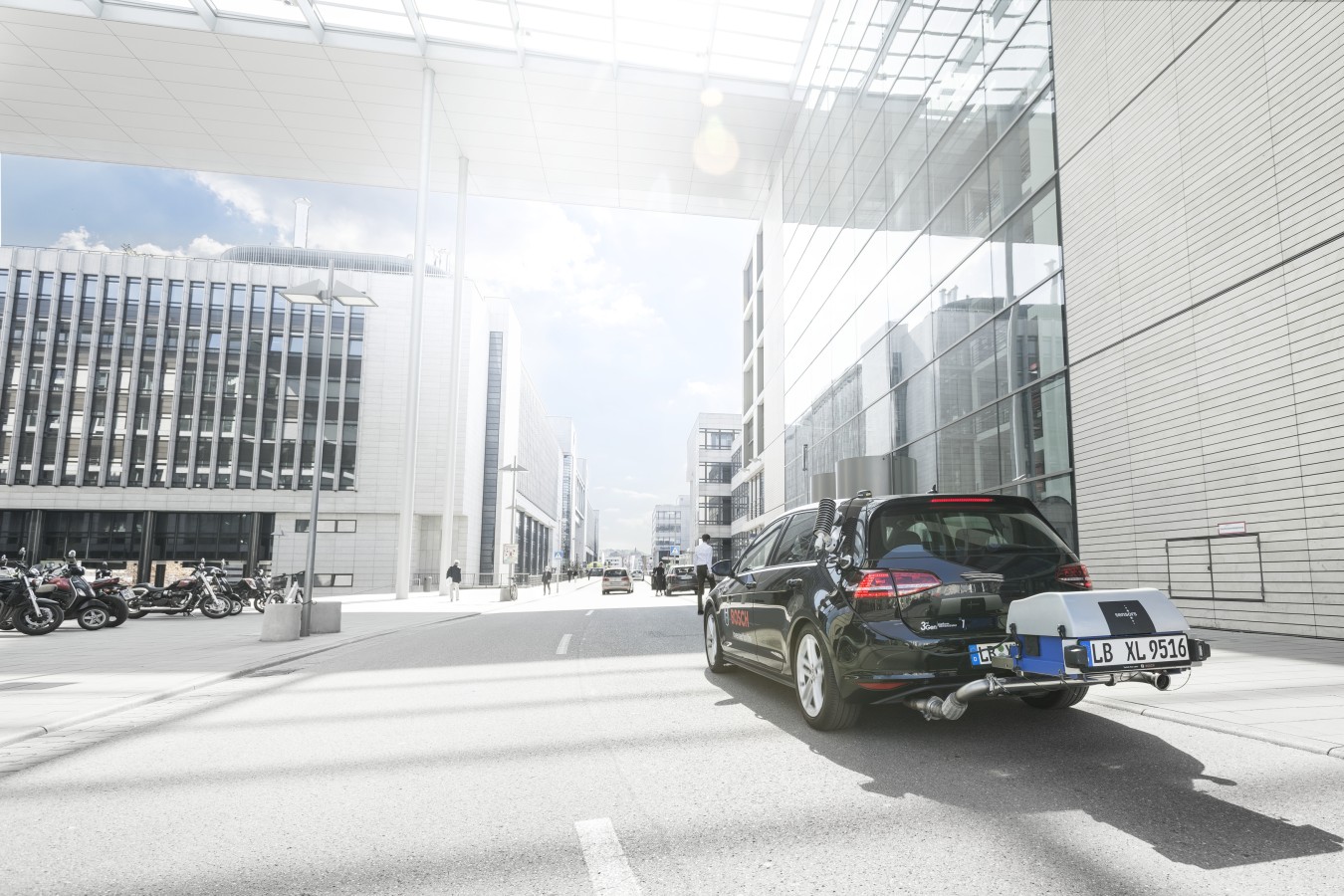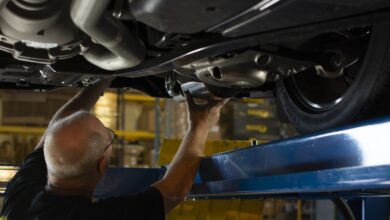Bosch Claims Diesel Tech Breakthrough Meets Future Emissions Standards

Bosch CEO Volkmar Denner proudly proclaimed that there is a future for diesel when speaking at the company’s annual press conference. Denner claimed during the speech that Bosch has made a decisive breakthrough in diesel technology.
New developments from Bosch could enable vehicle manufacturers to reduce emissions of nitrogen oxides (NOx) so drastically that they already comply with future limits, according to Denner. Even in RDE (real driving emissions) testing, emissions from vehicles equipped with the newly premiered Bosch diesel technology are not only significantly below current limits but also those scheduled to come into force from 2020.
Bosch engineers achieved these results by refining existing technologies in the past few months. The company said the breakthrough is a combination of advanced fuel-injection technology, a newly developed air management system, and intelligent temperature management.
NOx emissions, according to Bosch, can now remain below the legally permitted level in all driving situations, irrespective of whether the vehicle is driven dynamically or slowly, in freezing conditions or in summer temperatures, on the freeway or in congested city traffic. There is also no need for additional components, which would drive up costs, according to the company.
“Bosch is pushing the boundaries of what is technically feasible,” Denner said. “Equipped with the latest Bosch technology, diesel vehicles will be classed as low-emission vehicles and yet remain affordable.
“Diesel will remain an option in urban traffic, whether drivers are tradespeople or commuters.”
Test and Results
Bosch recently invited dozens of journalists from Germany and abroad to its Stuttgart, Germany headquarters to test its new diesel technology. The journalists drove test vehicles equipped with mobile measuring equipment in heavy city traffic. Those results can be viewed here.
Since 2017, European legislation has required that new passenger car models tested according to an RDE-compliant mix of urban, extra-urban, and freeway cycles emit no more than 168 milligrams of NOx per kilometer.
As of 2020, this limit will be cut to 120 milligrams. Bosch diesel technology can already achieve as little as 13 milligrams of NOx in standard legally-compliant RDE cycles, according to the company. That is approximately one-tenth of the prescribed limit that will apply after 2020.
Denner’s target for Bosch engineers is the development of a new generation of diesel and gasoline engines that produce no significant particulate or NOx emissions. Even at Stuttgart’s Neckartor-a notorious pollution black spot-he wants future combustion engines to be responsible for no more than one microgram of NOx per cubic meter of ambient air, which is 2.5 percent of Europe’s limit of 40 micrograms per cubic meter.
Using AI
Even with this technological advance, the diesel engine has not yet reached its full development potential, according to Bosch, which now aims to use artificial intelligence alongside the new technology.
“This will mark another step toward a major landmark: the development of a combustion engine that-with the exception of CO2-has virtually no impact on the ambient air,” according to the company.
“We firmly believe that the diesel engine will continue to play an important role in the options for future mobility,” Denner said. “Until electromobility breaks through to the mass market, we will still need these highly efficient combustion engines.”



